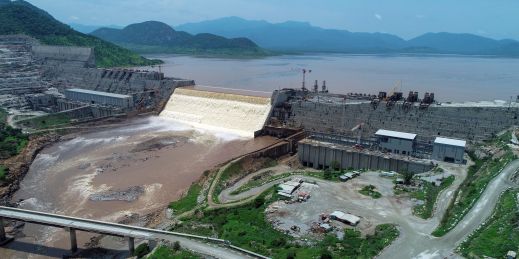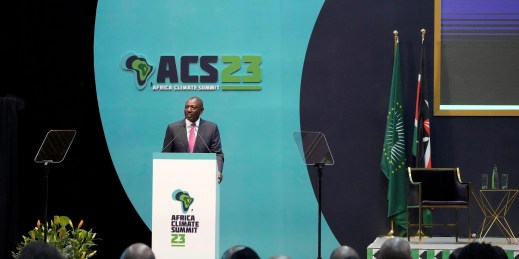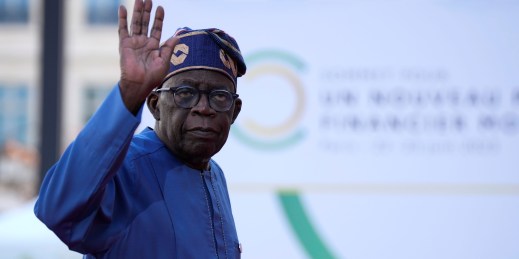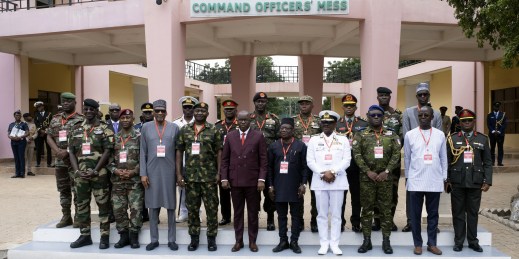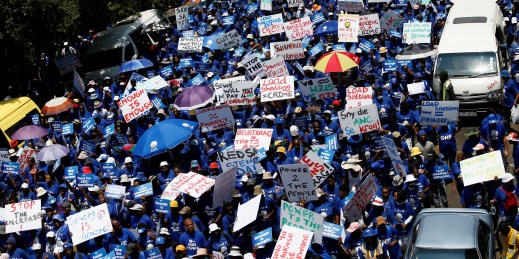
With less than a year to go until South Africa’s next national election, several opposition parties have joined forces, hammering out a preelection coalition agreement in an attempt to unseat the ruling ANC. But despite the ANC’s slipping popularity, the opposition has struggled to make significant inroads into its electoral majority.

